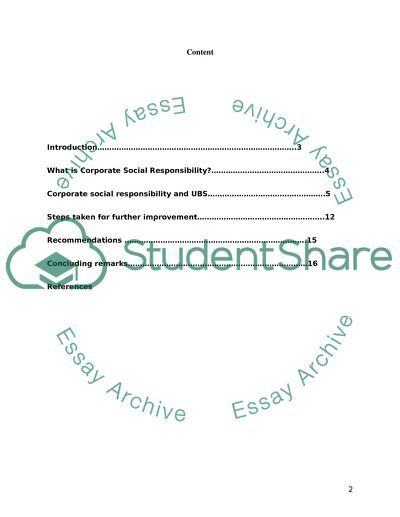Cite this document
(“Ethical policy, corporate social responsibility and larger social Essay”, n.d.)
Ethical policy, corporate social responsibility and larger social Essay. Retrieved from https://studentshare.org/miscellaneous/1568621-ethical-policy-corporate-social-responsibility-and-larger-social-impact-intentional-or-unintentional-within-ubs-and-the-value-it-creates-or-possibly-destroys-for-the-local-andor-global-community
Ethical policy, corporate social responsibility and larger social Essay. Retrieved from https://studentshare.org/miscellaneous/1568621-ethical-policy-corporate-social-responsibility-and-larger-social-impact-intentional-or-unintentional-within-ubs-and-the-value-it-creates-or-possibly-destroys-for-the-local-andor-global-community
(Ethical Policy, Corporate Social Responsibility and Larger Social Essay)
Ethical Policy, Corporate Social Responsibility and Larger Social Essay. https://studentshare.org/miscellaneous/1568621-ethical-policy-corporate-social-responsibility-and-larger-social-impact-intentional-or-unintentional-within-ubs-and-the-value-it-creates-or-possibly-destroys-for-the-local-andor-global-community.
Ethical Policy, Corporate Social Responsibility and Larger Social Essay. https://studentshare.org/miscellaneous/1568621-ethical-policy-corporate-social-responsibility-and-larger-social-impact-intentional-or-unintentional-within-ubs-and-the-value-it-creates-or-possibly-destroys-for-the-local-andor-global-community.
“Ethical Policy, Corporate Social Responsibility and Larger Social Essay”, n.d. https://studentshare.org/miscellaneous/1568621-ethical-policy-corporate-social-responsibility-and-larger-social-impact-intentional-or-unintentional-within-ubs-and-the-value-it-creates-or-possibly-destroys-for-the-local-andor-global-community.


